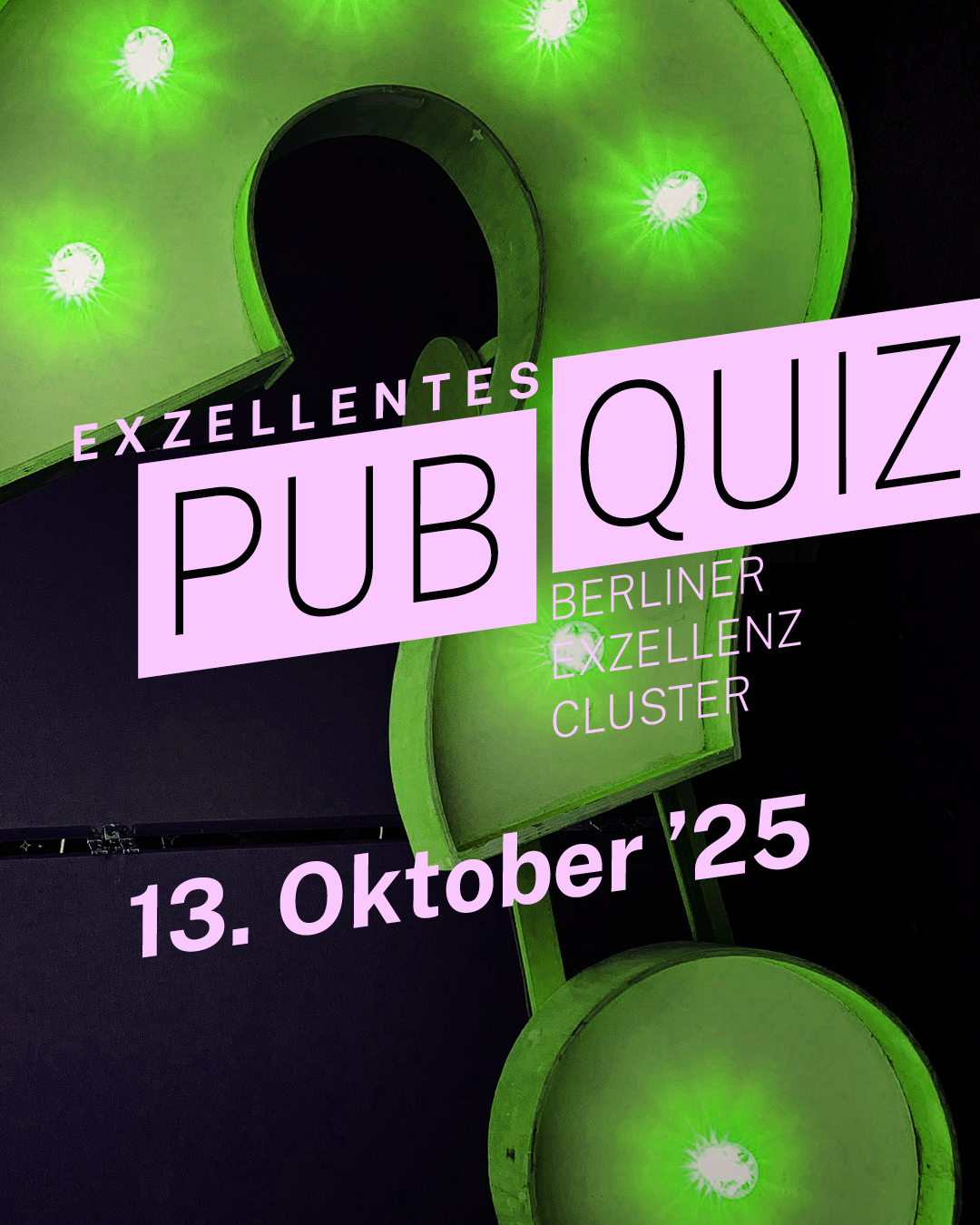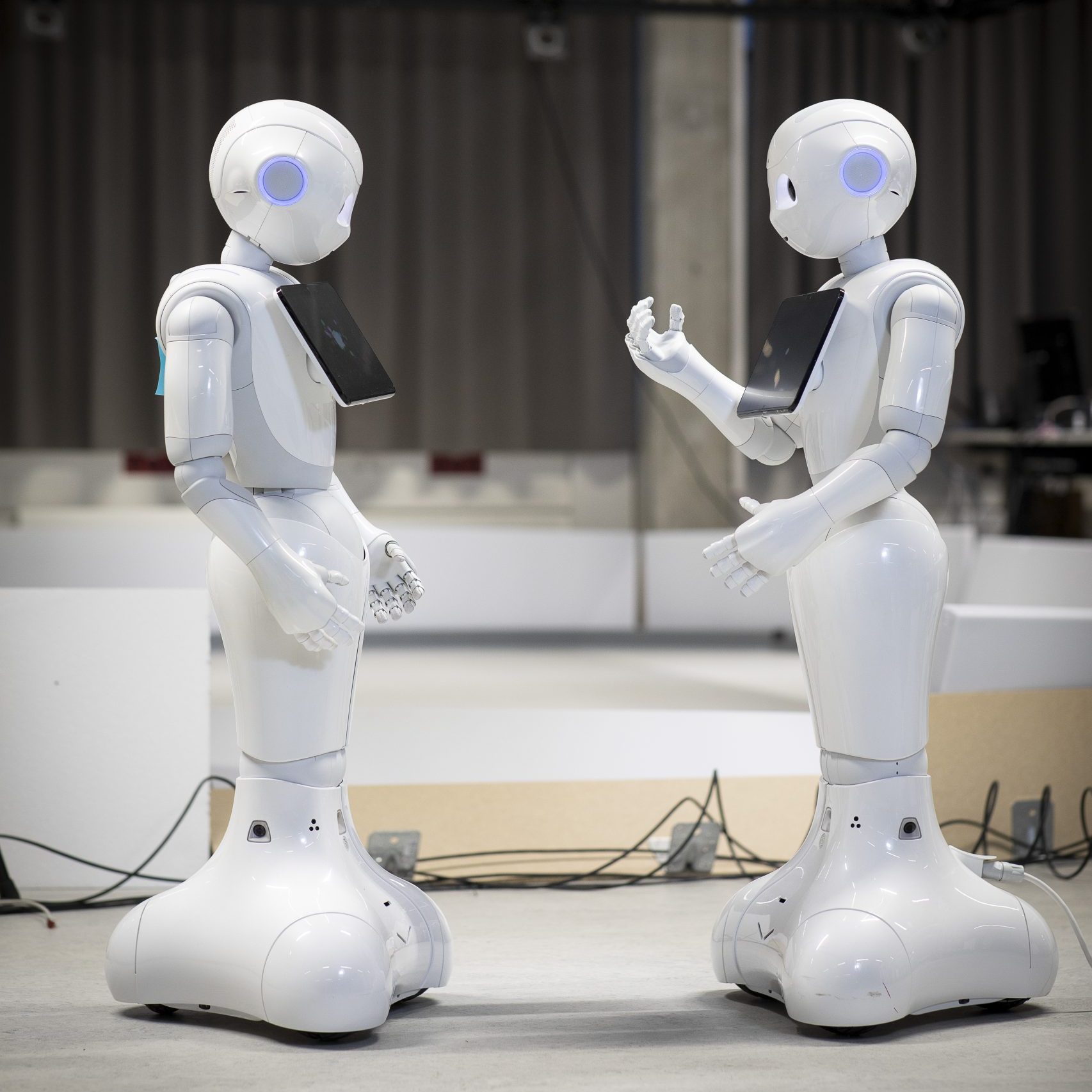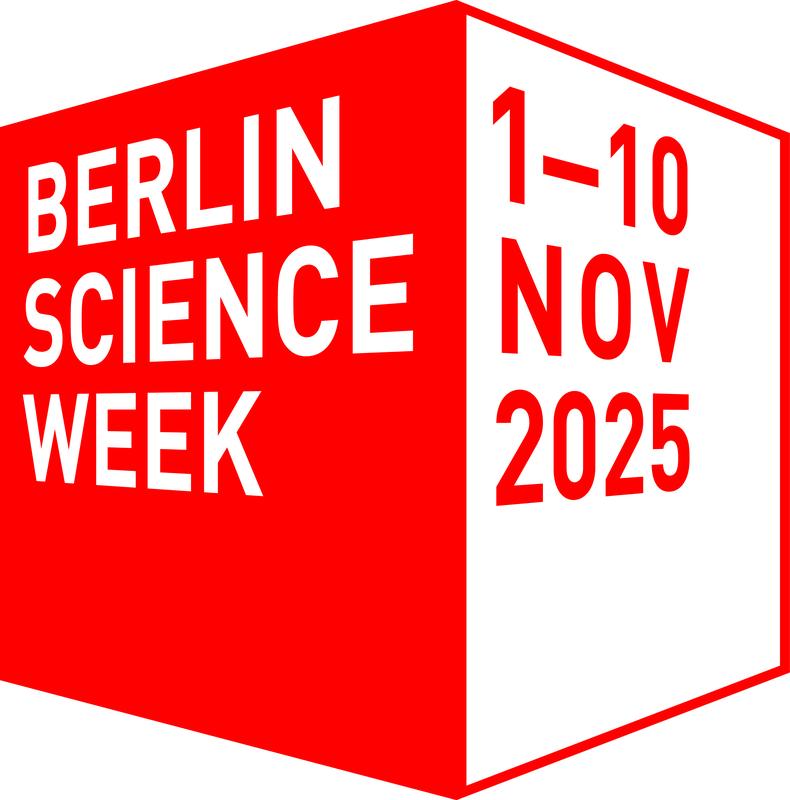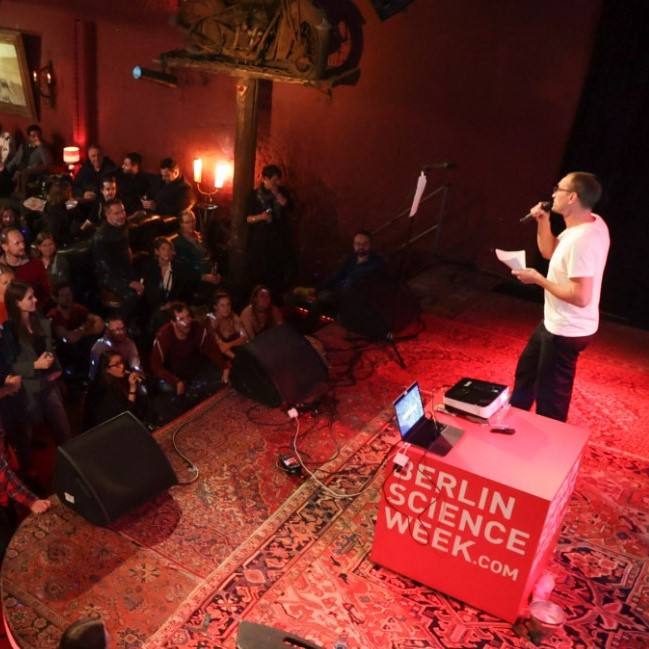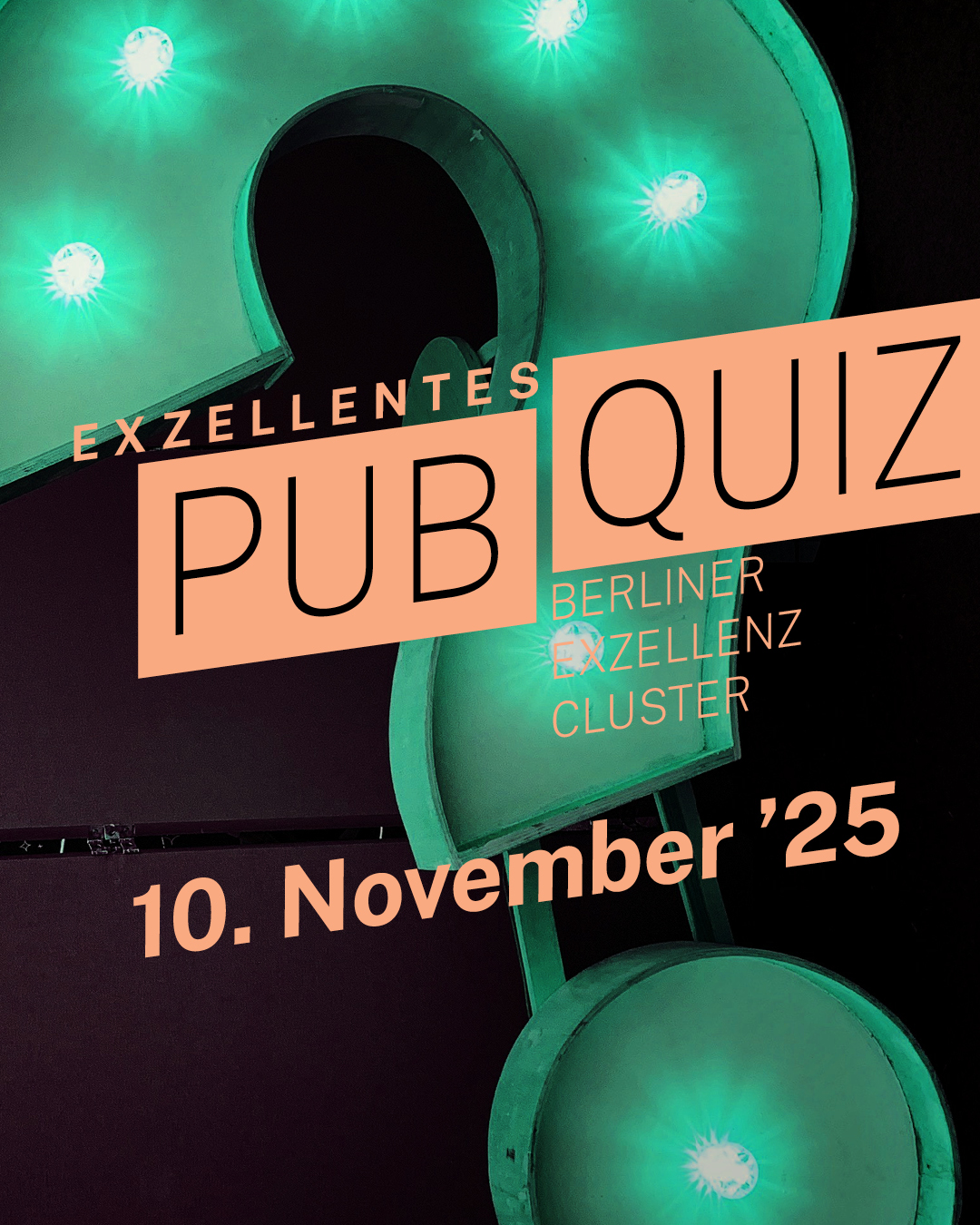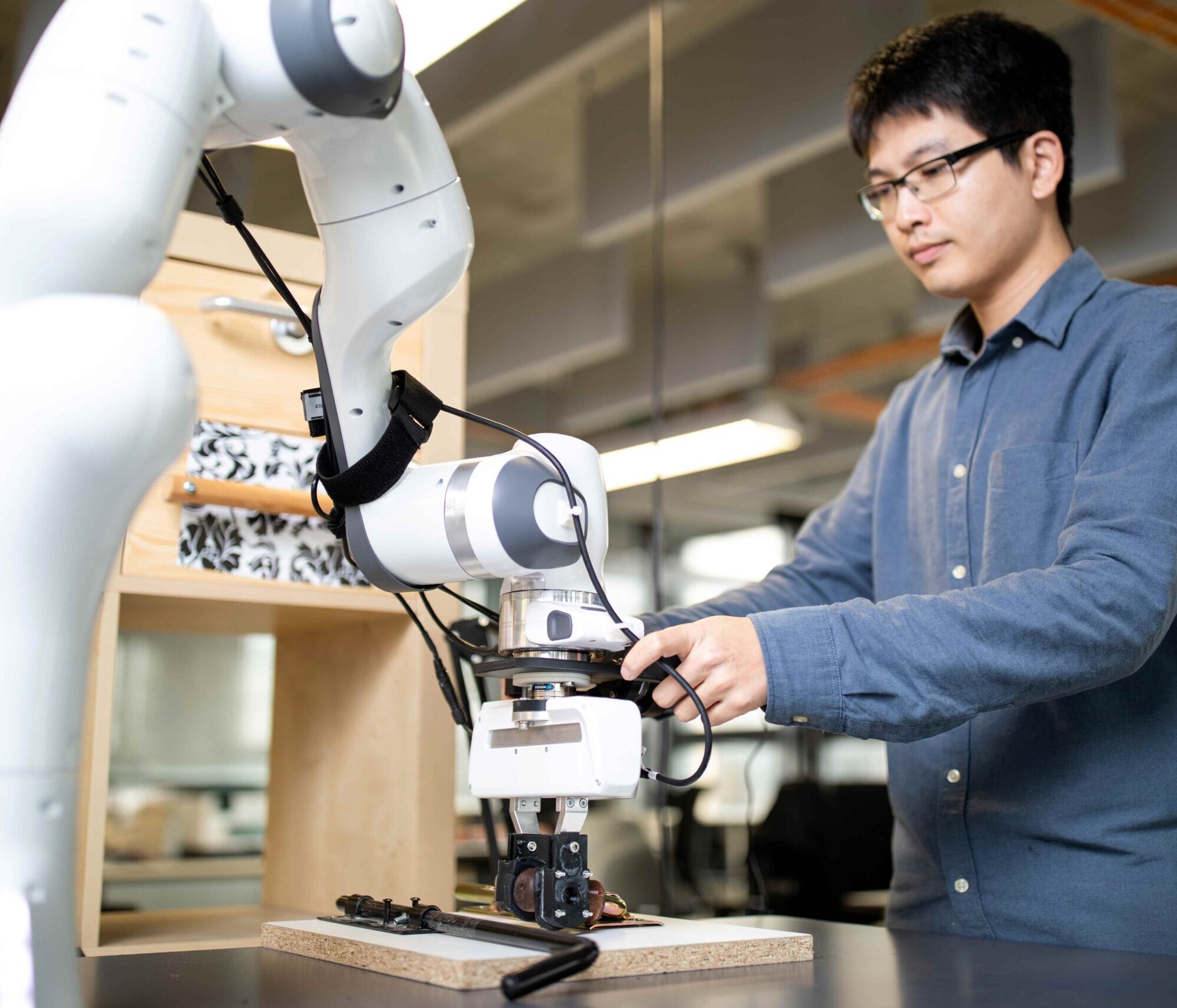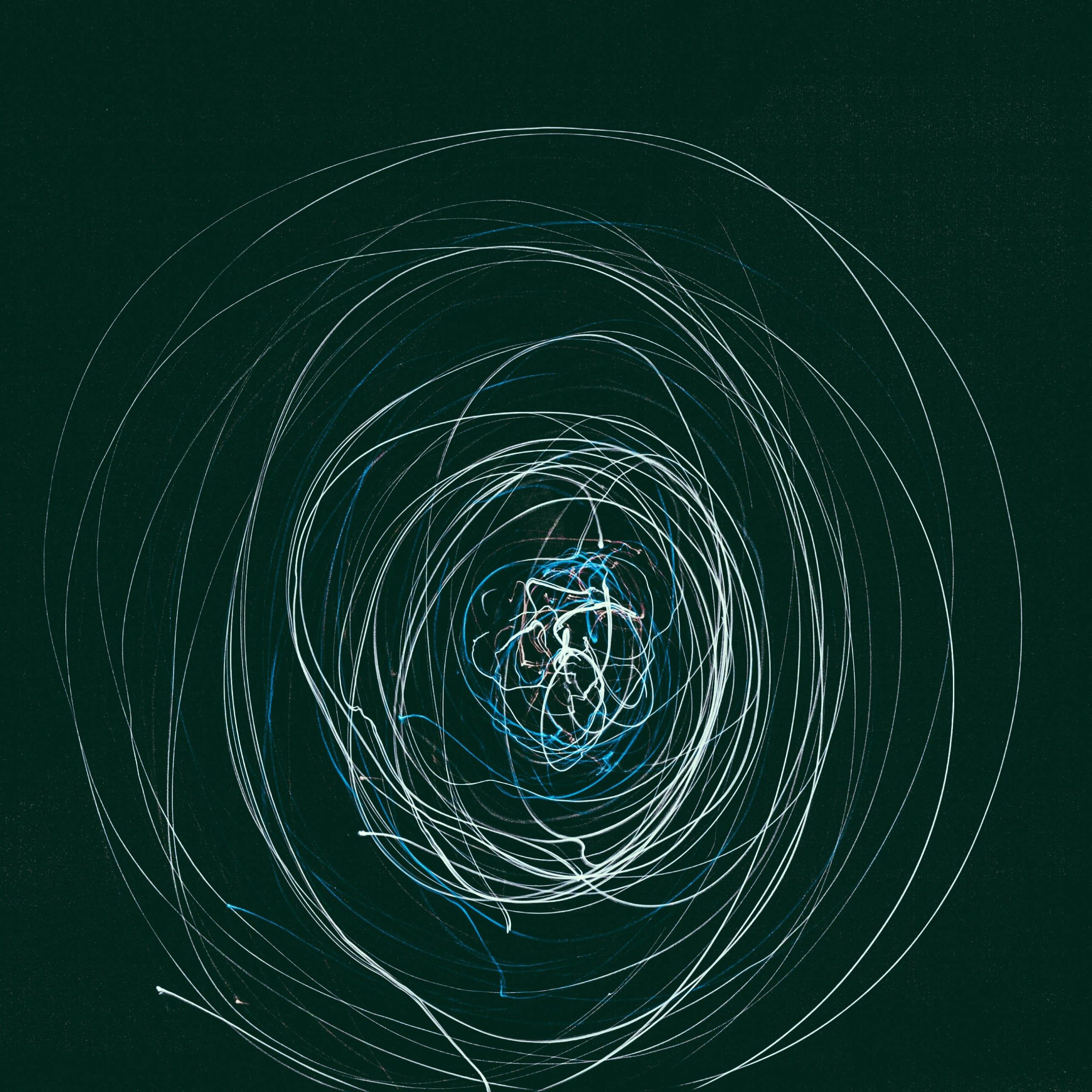
Ariana Strandburg-Peshkin (MPI-AB & the University of Konstanz), “Communication and coordination in animal societies”
SCIoI, Marchstraße 23, 10587 Berlin, Room 2.057Abstract: Many social species use signals such as vocalizations to coordinate a range of group behaviors, from coming to consensus on where to move to banding together against threats. Despite their widespread importance, these behaviors remain challenging to study in the wild because doing so requires monitoring many individuals simultaneously. In this talk, I will
